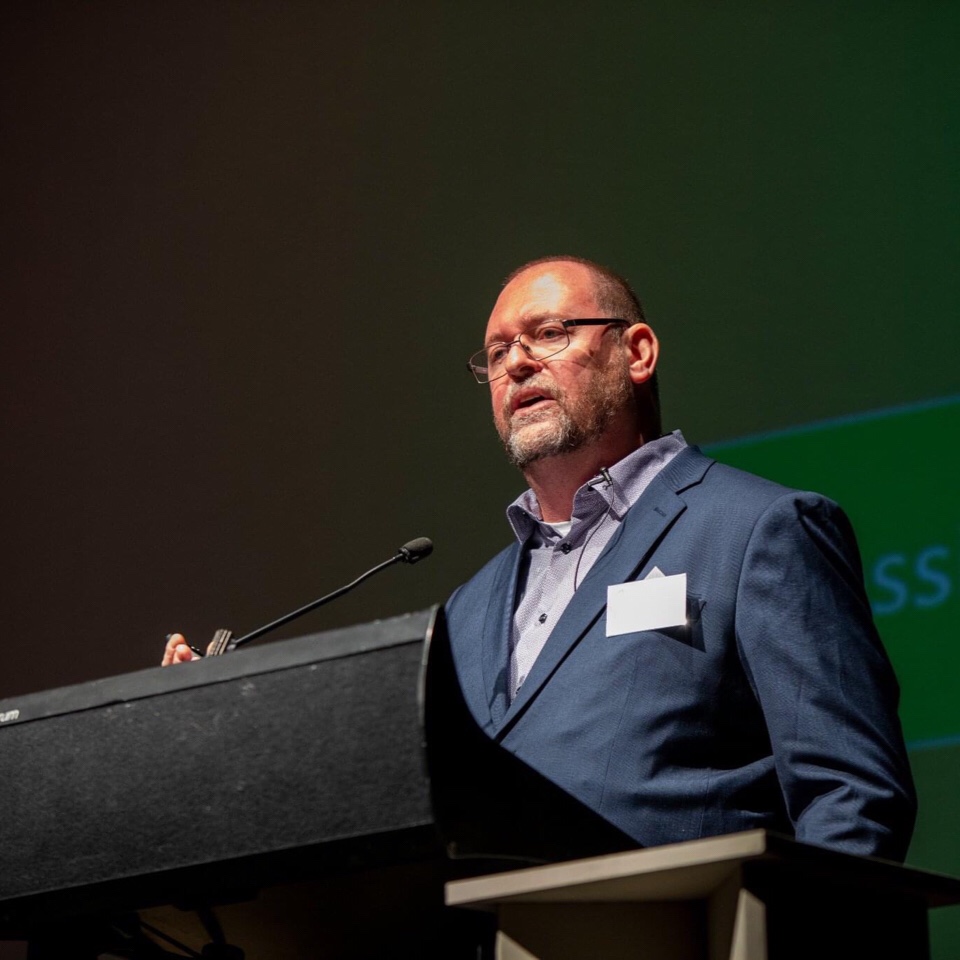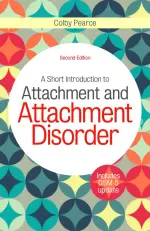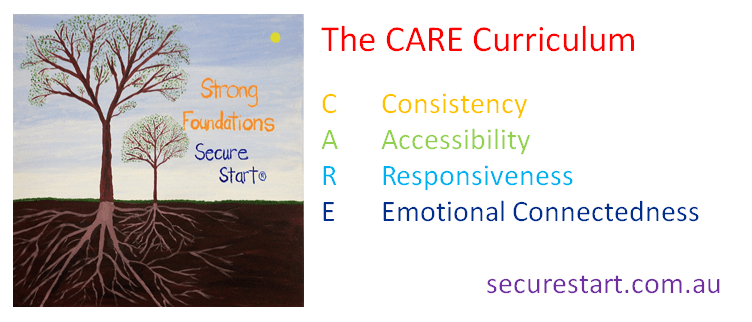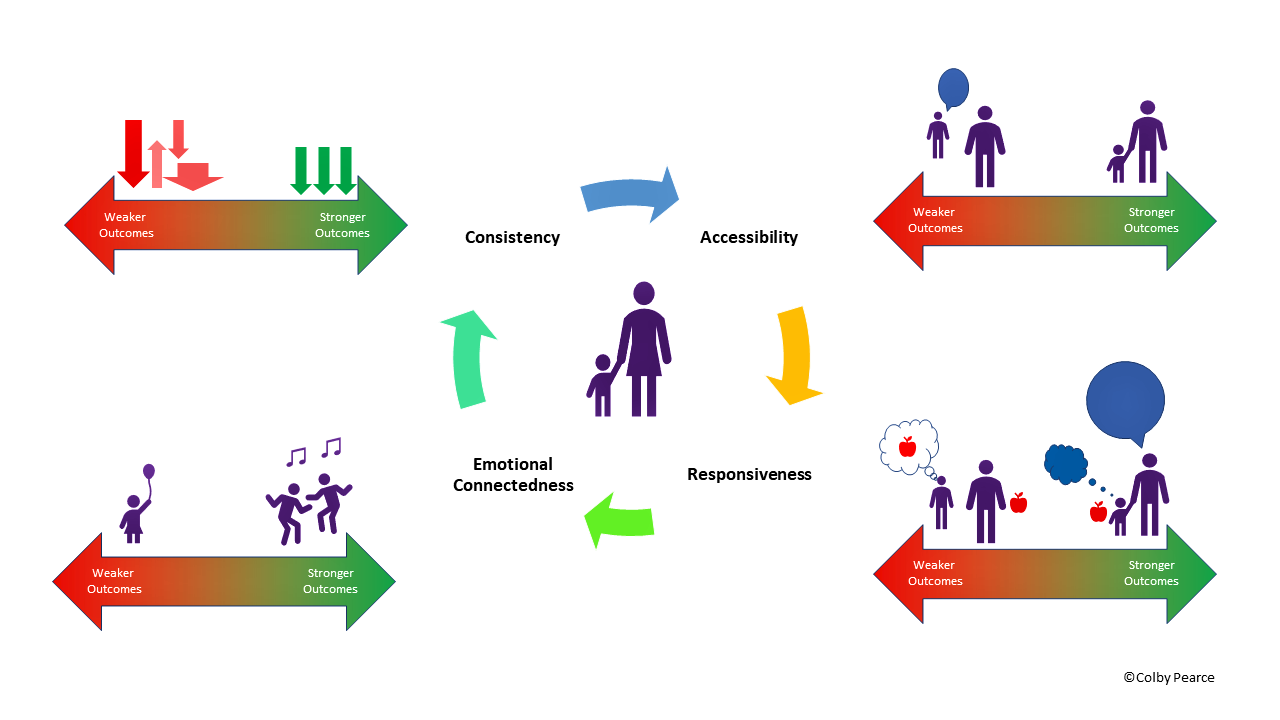Available research, and anecdotal experience, suggests that children and young people who foster play a critical role in the success, or otherwise, of an out-of-home care placement. Children and and young people who foster are the birth children of foster carers. They may be similarly aged as the child who is fostered and share parental care with the fostered child. Through the role they play supporting their parents and the fostered child, children and young people who foster are thought to benefit in the development of their character via the role.
Children who foster may be adults with their own children who share their grandparents with the fostered child. As adults, they may also support their parents in the fostering role.
Children and young people who foster have also been referred to as “forgotten children”, in consideration of their experience. Children and young people who foster can feel as though their own needs are less pressing, or even less important than those of the fostered child. Wellbeing is threatened and relationships are strained, leading to a decision to end the placement for the fostered child in many instances.
The end of the placement has potential negative impacts for children and young people who foster. Among dependent children of the foster carers, the end of the placement may result in insecurity about the continuity of love and care. Teenage and adult children may experience shame and guilt about the placement ending.
The foster parents, themselves, are likely to be impacted by the placement not working out. Feelings of failure may compromise their caregiving capacity and wellbeing, at least for a time.
For the sake of children and young people who are in-need of out-of-home care, child welfare authorities and fostering agencies need to recognise the role children and young people who foster have to play in placement outcomes, and ensure that they feel important and supported too.
Below are some lines I wrote for children and young people who foster.
I am a child who fosters, but I am not a child.
Only mum and dad think of me that way.
They look after children who cannot live at home.
I thought it would be great at first; someone else to talk to and do things with.
Someone we could help to know what normal family life is.
It started OK.
Now, I feel like I have to fight to be noticed.
Sometimes I feel like the forgotten child.
Mum and dad spend all of their time talking about and responding to the child.
I can see that the child knows it too.
They smile at me whenever mum or dad does something for them.
Like I am the competition in some game they are playing.
And they’re still not satisfied. They want more and more. They have to win.
They get into my things as well. Nothing’s off-limits to them.
Mum and dad don’t even punish them!
They say the child does it because their needs weren’t met at home;
That their parents had problems that got in the way of caring for the child.
That they need consistent care from accessible, responsive, and emotionally-connected adults.
That they need adults who understand them and respond to their experience.
Well, I still need that too.
I need my mum and dad to be there for me without me having to ask; to say the words that show that they understand what is happening for me and our family right now; to show that my needs are important without me having to explain them; and to sit with me and experience what I am feeling.
I need care too.
I want to help my parents, and the child.
I am not a bad person.
It just needs to be fair.
By Colby Pearce
I am a practising Clinical Psychologist with twenty-seven years’ experience working with children and young people recovering from abuse and neglect, and those who care for and have a caring concern for them. I am also an author and educator in trauma-informed, therapeutic caregiving. My programs are implemented in Australia and Ireland, and I am well-known for offering practical and accessible guidance for caregivers and professionals alike.










Sounds about right. You feel selfish for having needs because they seem insignificant compared to what happened to the children fostered.
You experience a loss of normal family life and relationships.
Thank you, Lee, for commenting. I am hoping to prepare resources in this area that are helpful for children who foster and their parents, alike.
OFFICIAL
Thanks Colby, that is very helpful and has gotten me thinking – have you found similar issues for children when it is a kinship placement?
Rachel Roussos Kinship Assessment Team Department for Child Protection Ph 0418870471
Yes, I have Rachel. Thank you for your interest in this piece.